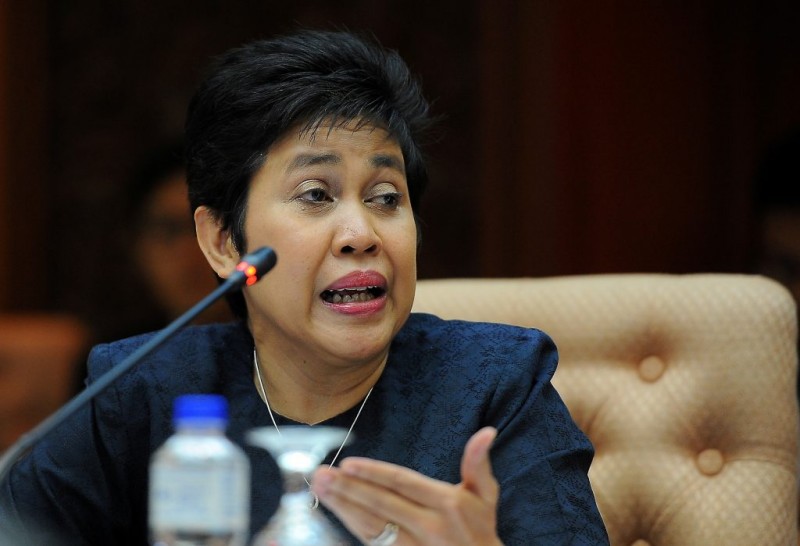
It is unlikely for Malaysia to record positive GDP growth in the fourth quarter of 2020 (4Q20) amid the implementation of the Conditional Movement Control Order (CMCO) in most states.
Sunway University Business School economist Prof Dr Yeah Kim Leng said the country’s recovery momentum remains intact with a better than expected GDP growth in 3Q20, although Malaysia is now officially in recession given the two consecutive quarters of contraction.
“Given the ‘speed bump’ mentioned by the central bank’s governor, we may see 4Q20 growth struggling to reach positive territory.
“For 2021, the projected 6.5% to 7.5% is attainable, provided the current third Covid-19 wave is contained successfully and restrictions on social and economic activities do not escalate and extend into 2021,” he told The Malaysian Reserve recently.
He said the downside risk of a prolonged pandemic and soft global recovery, if materialised, will result in growth dipping below the forecast, in spite of the low base effect that elevates the projected growth for 2021 above its long-term trend.
Most importantly, Yeah said, a safe and effective vaccine, if available early, will improve the prospects of the economy hitting the higher end of the forecast range.
Last week, Bank Negara Malaysia (BNM) governor Datuk Nor Shamsiah Mohd Yunus (picture) said although the CMCO could be a “speed bump”, it is not expected to impact the economy as badly as during the MCO period.
“Going into 2021, the Malaysian economy is projected to recover and grow within the range of 6.5% to 7.5%. This projection is also in line with other multilateral institutions, such as the International Monetary Fund and the World Bank.
“Growth in 2021 will be driven with rebound in global demand,” she said at the 3Q20 GDP virtual press conference last week.
Nor Shamsiah said improvements in growth were seen across most economic sectors in July to September 2020, particularly in the manufacturing sector, which turned positive following strong electrical and electronics production activity.
As such, Malaysia GDP recorded a smaller contraction of 2.7% in 3Q20, compared to a 17.1% decline in the previous quarter.
Bank Islam Malaysia Bhd chief economist Dr Mohd Afzanizam Abdul Rashid said the economy would continue to recover, assuming the Covid-19 spread can be controlled and the vaccine would be discovered and can be procured within reasonable time.
“The 6.5% to 7.5% growth looks fairly reasonable to us, considering the sizeable allocation of Budget 2021, alongside accommodative monetary policy adopted by the BNM.
“This should facilitate the recovery process next year,” he said.
Last week, Finance Minister Tengku Datuk Seri Zafrul Tengku Abdul Aziz said Malaysia’s economic and financial system fundamentals remain sound amid the external volatility and adversity.
He said the CMCO will most likely impact GDP growth for 4Q20. “While this is expected to affect consumer demand — especially in retail, food and beverages, accommodation and hospitality, and transportation — measures under the short-term National Economic Recovery Plan and Kita Prihatin on wage subsidy, incentives on hiring and training, among others, are still continuing until end-2020, and are expected to cushion some impact from the various iterations of the MCO.
“The government also continues to be cognisant of the need to ensure that the vulnerable and newly vulnerable groups will continue to be taken care of; and those in the economic sector — particularly small and medium enterprises (SMEs) and micro-SMEs — are appropriately supported,” Tengku Zafrul said in a statement.
Institute for Democracy and Economic Affairs senior economist Adli Amirullah said it is unlikely for GDP to grow beyond 6.5% next year as Malaysia is facing the third wave of Covid-19 pandemic which has created a lot of uncertainties.
“For me, what’s important is not the figure per se, but if those growth figures can be translated to the people on the street.
“Many times, the policymakers have been too obsessed with the growth figure and lose touch with what is happening on the ground,” he said.
Adli added that GDP growth figures can be contributed through higher investments that could take years to trickle down to the people.
As such, he said ensuring strong public health and income to survive the Covid-19 crisis is more important now.
Source: https://themalaysianreserve.com/2020/11/16/malaysia-unlikely-to-post-positive-growth-in-4q/

